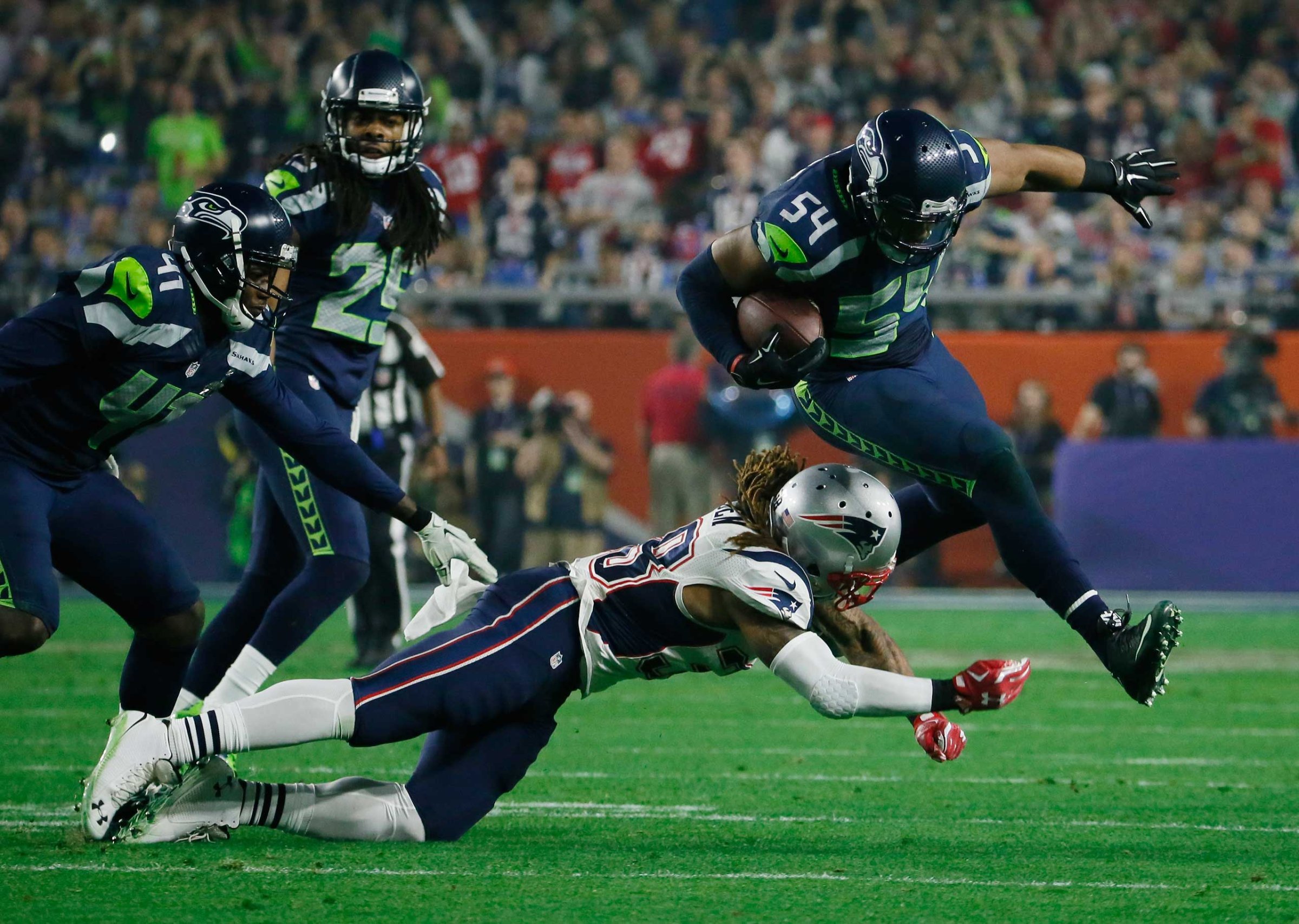
Last year, experts estimated that America lost $825 million in productivity the day after the Super Bowl, a combination of people calling in sick, coming in late and spending all day yakking about the game (and the commercials) rather than getting any actual work done. In other words, unless you are one of those 1.5 million that call in sick on Monday, you’re going to be surrounded by Super Bowl chatter.
So how do you deal if you’re put off by the NFL’s domestic violence scandal, just can’t get into the game itself or don’t even care which commercial featured the cutest animal?
First of all, don’t announce your antipathy — experts say that puts you on the express lane to alienation from your colleagues, and possibly your boss, as well.
“Anytime you happily deviate from a social norm or disavow a positive and widely embraced social event, you risk a penalty,” warns career coach Todd Dewett.
It doesn’t make you sound highbrow, he says; it actually makes you sound kind of rude. “Showing interest is a form of kindness — you’re validating people and allowing them to experience positive emotions,” he says.
It’s not hard to do that. “Share something relevant, then ask a question,” Dewett says. Yes, this means you have to do a little bit of homework. “Watch halftime, or watch all of the commercials online after the game and read what ESPN had to say about the game,” he suggests. You don’t need to commit much to memory — just the score and any big plays that took place.
If you still just hate the thought of having to feign interest in an event that holds no appeal to you, treat it as an exercise in business communication — a real-life lab where you can practice skills that will come in handy anytime you’re facing a difficult client or other big challenge.
“Think of it as a networking and team building opportunity,” says Sam Sanders, former HR pro and current college chair and faculty member for the University of Phoenix School of Business.
“There is always an opportunity to use your critical thinking skills,” he says, which is especially true if you’re not a football fan. Pay attention to the conversation and be an active listener — sharpening those skills could come in handy if you’re pulled into a meeting or asked about a topic that’s a little over your head of outside your area of expertise.
And keep in mind, if there’s a big group discussing the game, it probably includes at least some managers. “Typically if there is a large group gathering in the office, management is involved in the conversation as well, so it can be particularly beneficial to be engaged in the conversation,” Sanders points out. Being able to engage in small talk with them now could pay dividends later.
“As trivial as football might seem to some, it is exchanges such as these that build the type of trust needed for heavier professional conversations,” Dewett says.
More Must-Reads from TIME
- Donald Trump Is TIME's 2024 Person of the Year
- Why We Chose Trump as Person of the Year
- Is Intermittent Fasting Good or Bad for You?
- The 100 Must-Read Books of 2024
- The 20 Best Christmas TV Episodes
- Column: If Optimism Feels Ridiculous Now, Try Hope
- The Future of Climate Action Is Trade Policy
- Merle Bombardieri Is Helping People Make the Baby Decision
Contact us at letters@time.com